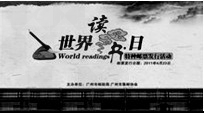问题
选择题
按电负性值依次增大顺序排列的是
A.P S N
B.Li Na K
C.Li B Be
D.S P Si
答案
答案:A
题目分析:非金属性越强,电负性越大,因此A正确。B不正确,应该是K、Na、Li;C不正确,应该是Li、Be、B;D不正确,应该是Si、P、S,答案选A。
点评:该题是基础性试题的考查,试题注重基础,兼顾能力的培养和训练。该题的关键是明确影响电负性大小的因素,然后结合同样灵活运用即可,难度不大,学生不难得分。

